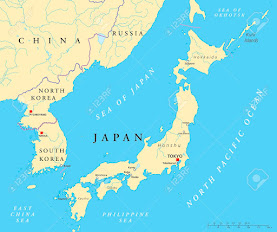Korea's social history before the war is a fascinating journey through time, reflecting the customs, traditions, and ways of life that shaped its society over the centuries.
Ancient Korea: Tribal Communities
In ancient
times, Korea was home to various tribal communities. These communities lived in
close-knit groups, relying on farming and hunting for sustenance. They shared
strong bonds, living in harmony with nature.
Three Kingdoms Period: Diverse Societies
The Three
Kingdoms period brought forth Goguryeo, Silla, and Baekje, each with its own
distinct society. Social hierarchies existed, with nobles, warriors, and
commoners. The people practiced diverse traditions and rituals.
Unified Silla Era: Cultural Flourishing
The Unified
Silla period marked cultural flourishing. People enjoyed music, dance, and
artistic endeavors. Buddhism played a prominent role in society, with the
construction of grand temples and the spread of its teachings.
Goryeo Dynasty: Class Structure
The Goryeo
Dynasty saw a structured society with distinct social classes. The king and
nobility held power, while commoners engaged in farming and crafts. Buddhism
continued to shape daily life and culture.
Joseon Dynasty: Confucian Influence
The Joseon
Dynasty introduced Confucianism as a dominant influence. This philosophy
emphasized family values, respect for elders, and societal order. Education
became highly valued, with Confucian ideals permeating daily life.
Japanese Colonial Period: Challenges and Resistance
During the
Japanese colonial period, Koreans faced challenges to their way of life.
Japanese policies and cultural assimilation efforts impacted Korean society.
Despite these challenges, Koreans resisted and preserved their cultural
identity.
Korea's
social history before the war reflects its transition from tribal communities
to diverse kingdoms, cultural flourishing, and the influence of Confucianism.
The Japanese colonial period brought challenges, but Korea's resilience ensured
the preservation of its unique social fabric. These historical foundations
continue to shape modern Korean society today.











0 Comentarios